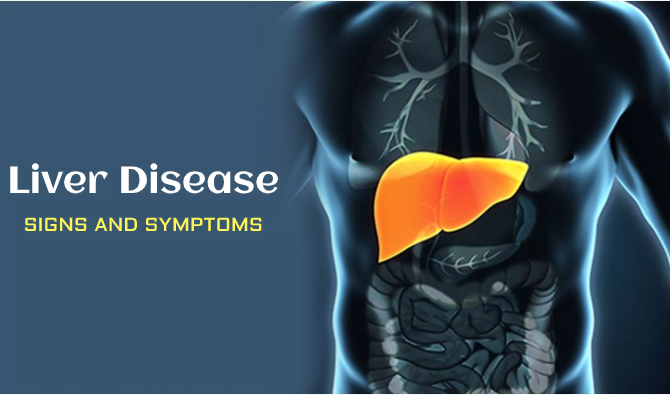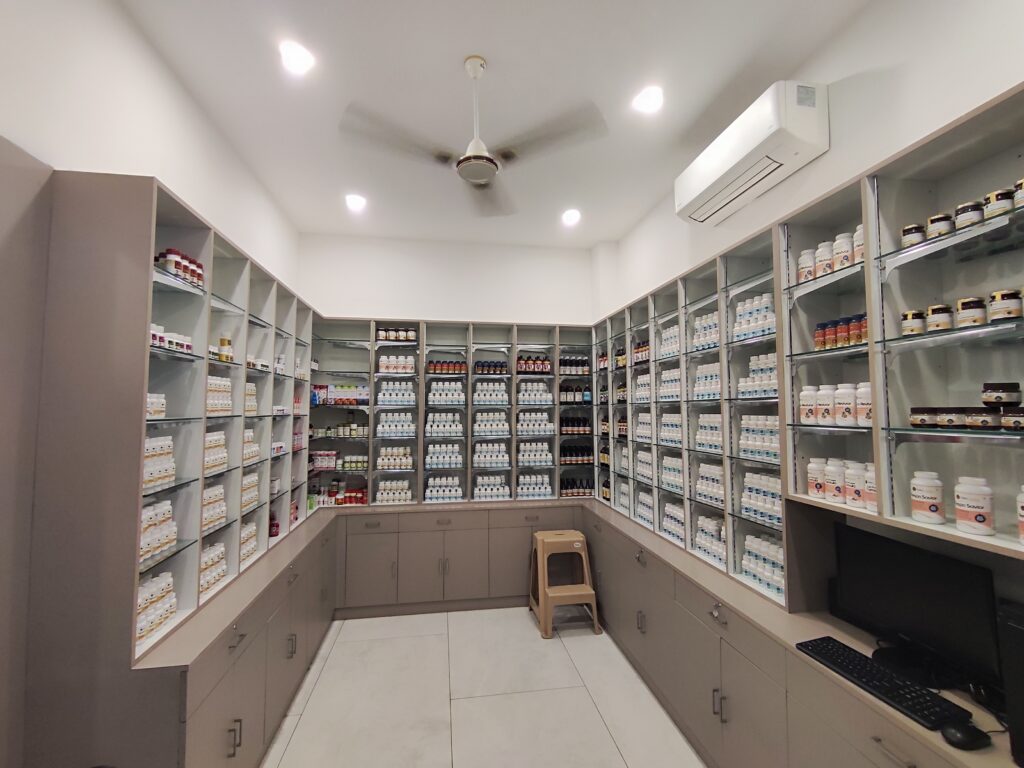Understanding Chronic Kidney Disease (CKD)
Chronic Kidney Disease, often abbreviated as CKD, is a condition where the kidneys lose their ability to filter waste and excess fluids from the blood over time. This gradual decline in kidney function can lead to serious health issues, including kidney failure. In this article, we will explore the symptoms, causes, and various treatment options for CKD, with a special focus on Ayurvedic treatments that can help manage and prevent the progression of this condition.
What Do the Kidneys Do?
The kidneys are two bean-shaped organs located on either side of the spine, just below the rib cage. They play several critical roles in maintaining overall health, including:
Filtering blood:
Removing waste products and excess fluids, which are excreted as urine.
Balancing electrolytes:
Regulating levels of electrolytes like sodium, potassium, and calcium.
Producing hormones: :
Helping control blood pressure, making red blood cells, and keeping bones healthy.
Common Symptoms of CKD
This disease may not present its symptoms right from the start, and it may take ages to provide all the characteristics, and it’s very difficult to diagnose in its preliminary stage. It’s important to be aware of the common symptoms of CKD, which can include:
Early-Stage Symptoms
- Fatigue: Fatigue, or having less energy or imposing over events.
- Swelling: Especially in the legs, ankles, and feet due to fluid retention.
- Changes in Urination: Such as needing to urinate more frequently, particularly at night, or producing less urine.
- Foamy Urine: Indicating the presence of protein in the urine.
- Blood in Urine: Which can appear pink, red, or brown.
Advanced-Stage Symptoms
- Shortness of Breath: Due to fluid buildup in the lungs.
- Persistent Nausea and Vomiting: Caused by the accumulation of waste products.
- Loss of Appetite: Leading to unintended weight loss.
- Muscle Cramps: It is expressed in such form as sometimes it is night instances.
- Itchy Skin: Resulting from waste buildup.
- High Blood Pressure: Which can further damage the kidneys.
If you experience any of these symptoms, it’s important to consult a healthcare provider for proper evaluation and diagnosis.
Causes of CKD
There are several causes of chronic kidney disease but most of the causes relate to other illnesses. Some of the most common causes include:The following are among the most well-known causes:
Diabetes
The ESRD is more prevalent in diabetic patients and is also the most prevalent cause of CKD. Diabetes affects the blood vessels of the kidneys and may limit its ability to filter waste and other products.
High Blood Pressure
In the aspect of blood vessels in the kidneys, high blood pressure has the negative effect of gradually causing kidney damage and thus contributes to the occurrence of CKD.
Glomerulonephritis
This condition involves inflammation of the small blood filter of kidneys known as glomerular. These complications are understood to be caused by infections, autoimmune diseases or any other illnesses.
Polycystic Kidney Disease
This is an inherited disease marked by the growth of multiple cysts in the kidneys and impacts the kidney functioning.
Obstructive Conditions
Some of the factors that lead to development of CKD include diseases like kidney stones, enlarged prostrate and tumour which hinders passage of urine.
Recurrent Kidney Infections
Recurrent renal infection, particularly pyelonephritis carries the risk of causing harm to the renal tissue.
Other Causes
Other secondary causes of CKD include use of some drugs, severe polydipsia or diarrhoea for a long period, long term use of over the counter pain relievers among others.
Diagnosing CKD
Prompt diagnosis of CKD is vital in order to delay its progression and exacerbation of kidney functions. Of diagnostic procedures, one is likely to undergo blood tests, urine tests, imaging studies, and or a kidney biopsy. Here are some common diagnostic methods:Here are some common diagnostic methods:
Blood Tests
- Serum Creatinine: Measures the level of creatinine, a waste product, in the blood. High levels indicate impaired kidney function.
- Glomerular Filtration Rate (GFR): Estimates how well the kidneys are filtering waste from the blood. A GFR below 60 for three months or more indicates CKD.
Urine Tests
- Urinalysis: It alerts the presence of proteins, blood or sugar in your urine.
- Urine Albumin-to-Creatinine Ratio (UACR): Measures the level of albumin (a type of protein) filtered in the urine. High levels may have kidney dysfunction.
Imaging Studies
- Ultrasound: To check for nodes, cysts, masses or obstructions in the kidneys and give pictures of kidneys.
- CT Scan or MRI: Provides higher resolution to make detailed observations on the normal structure and function of the kidneys.
Kidney Biopsy
Sometimes, a tiny piece of the kidney is taken out and analysed utilising a microscope to ascertain the reason behind the kidney issue and the spread of the disease.
Ayurvedic treatment options for CKD:
Ayurveda, an ancient system of medicine that originated in India, offers a holistic approach to managing CKD. Ayurvedic treatments focus on balancing the body’s energies (doshas) and using natural remedies to improve kidney function and overall health. Here are some key Ayurvedic treatment options for CKD:
Herbal Remedies
Thus, Ayurveda prescribes a number of herbs that are used specifically for their ability to support the kidney. Some commonly used herbs include:
- Punarnava (Boerhavia diffusa): It is well known as a natural diuretic, effective in decreasing inflammation and the workings of the kidneys.
- Gokshura (Tribulus terrestris): Helps in maintaining the functions of the urinary tract and assists the kidney to rid the body toxins.
- Varun (Crataeva nurvala): Assists in controlling urinary problems and inflammation of the kidneys, if any.
Panchakarma Therapy
Panchakarma is one of the therapeutic measures in Ayurveda which is administered for purification and rejuvenation of the body. Besides, it benefits the kidneys, and in general, the body. Common Panchakarma treatments for CKD include:Common Panchakarma treatments for CKD include:
Virechana (Purgation Therapy): Assists in detoxification since it allows for the habitual expulsion of toxins from the body.
Basti (Medicated Enema Therapy): Cleanses the colon and improves kidney function.
Dietary Recommendations
Key dietary recommendations for CKD patients include:
- Hydration: Sufficient intake of water that will help in cleansing the system of toxins.
- Low-Protein Diet: Restricting protein intake as this puts a lot of pressure on the kidney, thus, needs to be limited.
- Low-Sodium Diet: Decreasing portions of seasonings, especially salt in order to bring down pressure and prevent oedema.
- Herbal Teas: Drinking teas prepared from other kidney friendly herbs such as coriander, parsley among others, dandelion greens.
Lifestyle Modifications
Ayurvedic treatment for CKD also involves lifestyle modifications to promote overall well-being:Ayurvedic treatment for CKD also involves lifestyle modifications to promote overall well-being:
Regular Exercise: Walking around as a way to ease the circulation and hence improve the function of the kidneys.
Stress Management: Exercising in the form of yoga, meditation and deep breathing to avoid stressing the kidneys which are enlarged by stress.
Managing CKD Symptoms through Ayurvedic Treatment
Ayurvedic treatments can help manage the symptoms of CKD and improve the quality of life for patients. Here are some ways Ayurveda addresses common CKD symptoms:
Fatigue and Weakness
Herbal Supplements: Consuming herbs that are commonly used in Ayurveda, such as those that are present in the supplements like Ashwagandha and Shatavari to fight the excessive tiredness.
Balanced Diet: Eating healthy diet which provide necessary nutrients so as to enable a healthy and energetic lifestyle.
Swelling and Fluid Retention
Diuretic Herbs: Using herbs like Punarnava and Gokshura to promote urination and reduce swelling.
Dietary Changes: A decrease in the consumption of salt and the elimination of processed goods to minimise and reduce the accumulation of fluids in the body.
High Blood Pressure
Herbal Remedies: Taking Ayurvedic formulations like Arjuna and Brahmi to manage blood pressure.
Lifestyle Modifications: Exercising and getting regular exercise; the practices of yoga and meditation to relieve stress and lessen hypertension.
Itchy Skin
- Herbal Oils: Applying Ayurvedic oils like Neem and Coconut oil to soothe itchy skin
- Hydration: Drinking plenty of water and herbal teas to keep the skin hydrated and reduce itching.
Herbs to Prevent CKD Progression
Here are some of the Ayurvedic herbs that can slow down the progression of CKD and fold the kidneys;They are believed to have got therapeutic value and are known to have health benefits in relation to the kidneys. Some key herbs include:
Punarnava (Boerhavia diffusa)
Punarnava is known for its diuretic and anti-inflammatory properties. It helps reduce swelling, promotes urine flow, and supports kidney function.
Gokshura (Tribulus terrestris)
Gokshura is beneficial for urinary tract health and helps in detoxifying the kidneys. It also has anti-inflammatory properties that support kidney function.
Varun (Crataeva nurvala)
Varun helps in managing urinary disorders and reducing kidney inflammation. It also aids in dissolving kidney stones and preventing their formation.
Chandraprabha Vati
This is a classical Ayurvedic formulation in which the constituents of the drugs work synergistically to handle complaints relating to kidney and urine. In this way it can assist in purifying the kidneys as well as in enhancing their working.
Ashwagandha (Withania somnifera)
Ashwagandha is adaptogenic and can be used to combat the effects of stress which are bad for CKD patients. It also maintains general oversight and vigour of the human body.
Shatavari (Asparagus racemosus)
Shatavari is known for its rejuvenating properties. It helps boost energy levels, reduce fatigue, and support kidney health.
Living Long with CKD
It is difficult to live with CKD, however, with proper care as well as certain modifications in diet and life style decent standard of living can be achieved. Here are some tips for living long with CKD:
Regular Monitoring
It is recommended that people with CKD undergo routine screening and assessment of kidney health. Obey your healthcare provider’s advice in relation to blood tests, urine tests, and imaging examinations.
Healthy Diet
It is also important that patients with CKD stick to a kidney friendly diet. Minimise the intake of processed foods, fast food, foods with high fats, and lots of sugars. Reduce usage of salt, sweet items, and readymade products.
Hydration
This is these are some of the beneficial actions of staying hydrated and therefore the kidneys should be kept hydrated always. Intake of water and herbal teas are healthy and assist in the removal of toxins from the kidneys and the overall system.
Exercise
Perform regimen exercises to facilitate blood flow, make good use of the tongue, control the weight and minimise stress. Try to perform at least 30 minutes of moderate exercise majority of the week.
Stress Management
Chronic stress can negatively impact kidney health. Practice stress-reducing techniques like yoga, meditation, deep breathing exercises, and spending time in nature.
Medication Management
Do not miss a dose of your medications without the approval of your doctor
Support System
Coping with the patients with CKD, the presence of social support makes a notable difference. Discuss the situation with family members, friends, and other members of the support group to know that others are passing through it as well.
Conclusion: Taking Control of Your Kidney Health through Ayurveda
CKD is dangerous and its measures entail strict monitoring and alteration of some aspects of life. That is why it is crucial to know and differentiate the symptoms of the different types of kidney diseases together with the factors that contribute to it and the ways on how it can be cured. Ayurvedic system of medicines has general recommendations for the management of CKD that include the use of herbs, change in diet, and modification in lifestyles. Hence, nowadays, the adaptation of Ayurvedic practices to the daily regimen plays an important role in the enhancement of the kidneys’ function,manage symptoms, and the non-progression of CKD. Remember to consult with your healthcare provider before starting any new treatment regimen and make informed decisions to maintain your overall well-being.



















